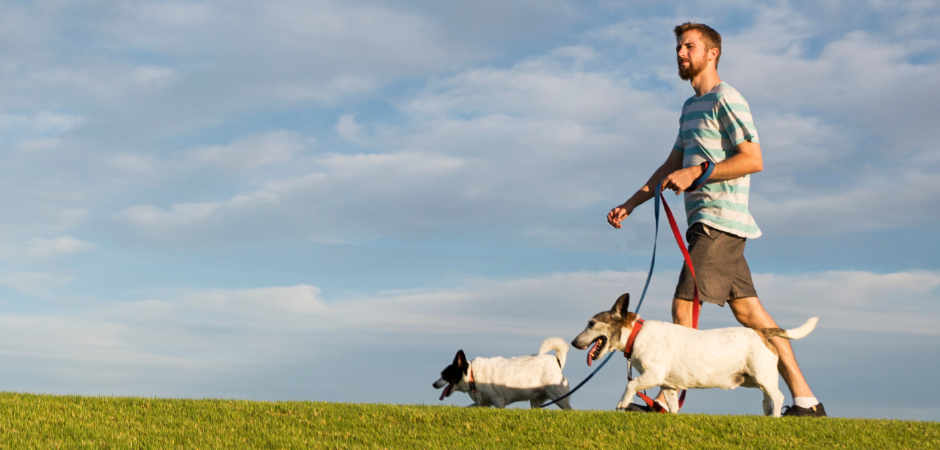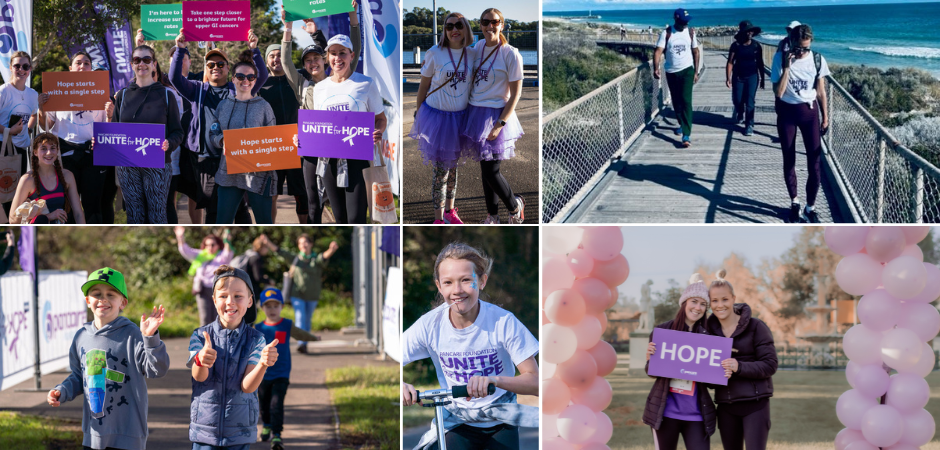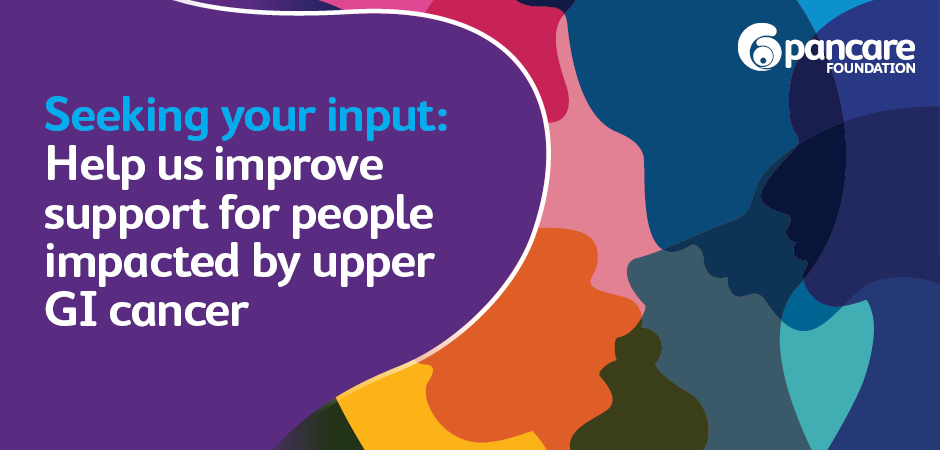
The importance of keeping active, especially during COVID-19
Right now, during COVID-19, it is even more important to exercise and keep your body moving. For those experiencing lockdown restrictions, exercise is one of the reasons we can leave the house and we have always been encouraged to do so. The Department of Health and Human Services (DHHS) website list it as an important part of looking after ourselves during COVID. This article explores the importance of keeping active, especially during COVID-19.
Going for a walk, a bike ride, doing sit to stands in the living room, gentle stretches, or your own personal exercise program prescribed by an Exercise Physiologist are all ways to keep active. Whatever your method, keeping active during COVID is incredibly important for your body and mind.
The three main reasons why exercise is so important is that it:
- supports our immune system
- supports our mental health
- supports our physical health.
Benefits of exercise
Let me give a short recap of the benefits of exercise for people affected by upper gastrointestinal (GI) cancer to restore any lost motivation:
- exercise is one of the best treatments for cancer related fatigue
- exercise improves cardiovascular fitness and strength
- increased strength through exercise stops and reverses the decline of function that can be caused by treatment
- it improves quality of life, allowing you to enjoy doing the things that make you happy
- exercising outside increases Vitamin D
- exercise improves immune function.
Exercise, when prescribed at the right dose, improves our immune function. It also reduces inflammation and improves our mental health by reducing depression and anxiety. The process of reducing anxiety and inflammation can also improve our immune response.
Exercise is also extremely important for those of you who are supporting someone with an upper GI cancer. It will make your body feel good and lift your spirits.
Reduced incidental activity
Being stuck in our homes means that we are doing a lot less incidental activity. We are no longer walking to the train, doing marathon shopping sessions, walking up and down the stairs at work, or walking the kids to school. Many of us now need to consciously make time to exercise.
Building a new routine
Motivation gets you going, but routine keeps you going. Now we need to build exercise into your daily routine.
The structure of a routine provides both physical and psychological benefits. Physically, as following an exercise routine is the best way achieve your goals and psychologically, as having a sense of control over our bodies and our own life will reduce anxiety.
Ideas to establish a good exercise routine:
- Set an alarm or make an appointment with yourself to do exercises at a certain time of day. Most people find 10am is when they have the most energy. Others like doing exercises in front of the TV in the evening, if energy levels permit.
- Consult with an Exercise Physiologist online to have a program individually prescribed for you, that considers your own situation with regards to surgery, current treatment, or side effects.
- Many Exercise Physiologists are able to prescribe you an exercise program using an online program that will help you stay accountable with videos and monitoring.
- Plan a weekly or daily walk with a friend.
- Put on your favourite music.
- Do exercise you enjoy.
- Get into nature to lift your mood.
If you are experiencing cancer related fatigue, it is equally as important to schedule in a rest during the day, in addition to scheduling in exercise. Many people find an early afternoon lie down of 45 minutes will get them through the day.
Thanks for reading. Happy exercising!
Dale Ischia is an Accredited Exercise Physiologist who runs Moving Beyond Cancer, an Exercise Physiology practice based in Melbourne, whose mission is to empower people with a cancer diagnosis to engage in safe and effective exercise in order to improve their physical and mental health.
Exercise and upper gastrointestinal cancer – view a recording of our Living Well Series Webinar
Exercise during and after cancer treatment has been shown to improve physical and emotional wellbeing and improve your ability to cope with the side effects of treatment. Keeping active through exercise that you enjoy and feel comfortable with, along with choosing the kind of exercise that is compatible with your body and treatment program is important. Dale Ischia, Accredited Exercise Physiologist explores why exercise is an integral part of daily life, the benefits of exercise after surgery and during treatment and factors to consider when starting a new exercise program.
Read more . . .






